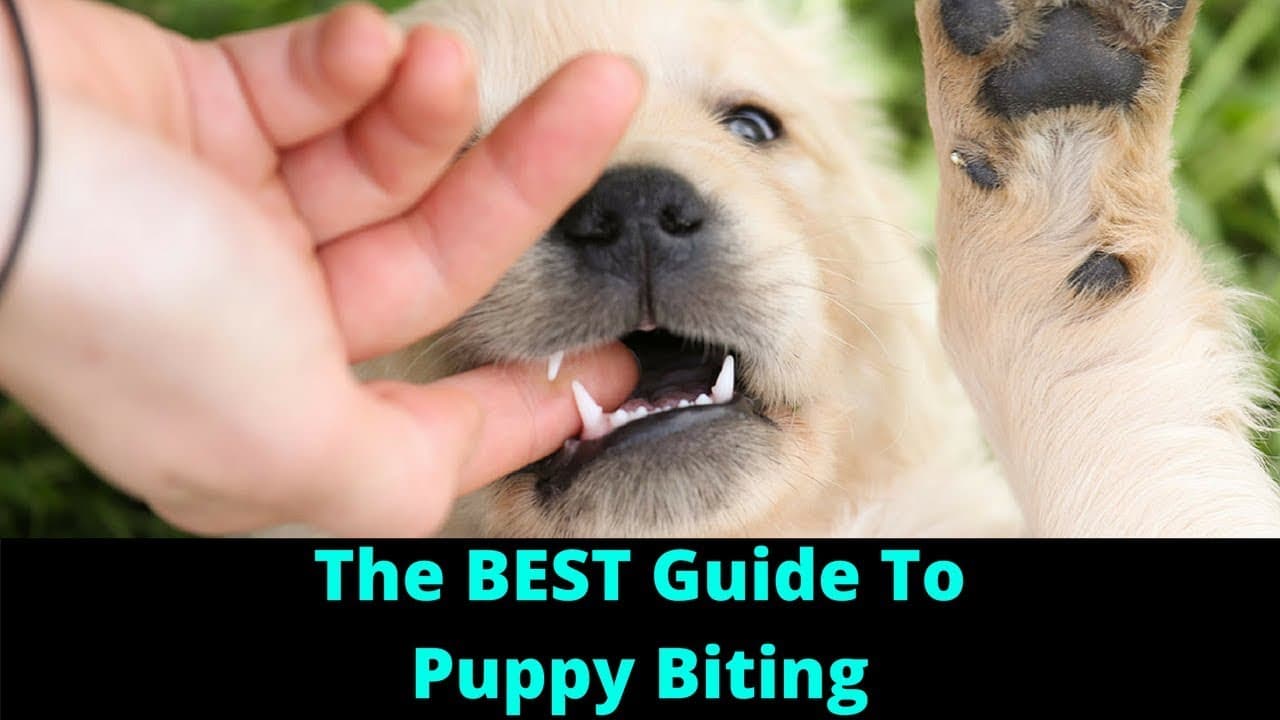How to Stop Puppy Biting and Train Bite Inhibition
Puppy biting is a natural part of their early development, but teaching them bite inhibition is crucial to ensure they grow into well-behaved adult dogs. This guide will help you understand how to stop puppy biting and train bite inhibition effectively.
1. Understanding Puppy Biting
Puppies explore the world through their mouths. Biting and nipping are part of their development as they learn about their surroundings, interact with littermates, and play. However, left unchecked, this behavior can become problematic as they grow older.
2. Why Do Puppies Bite?
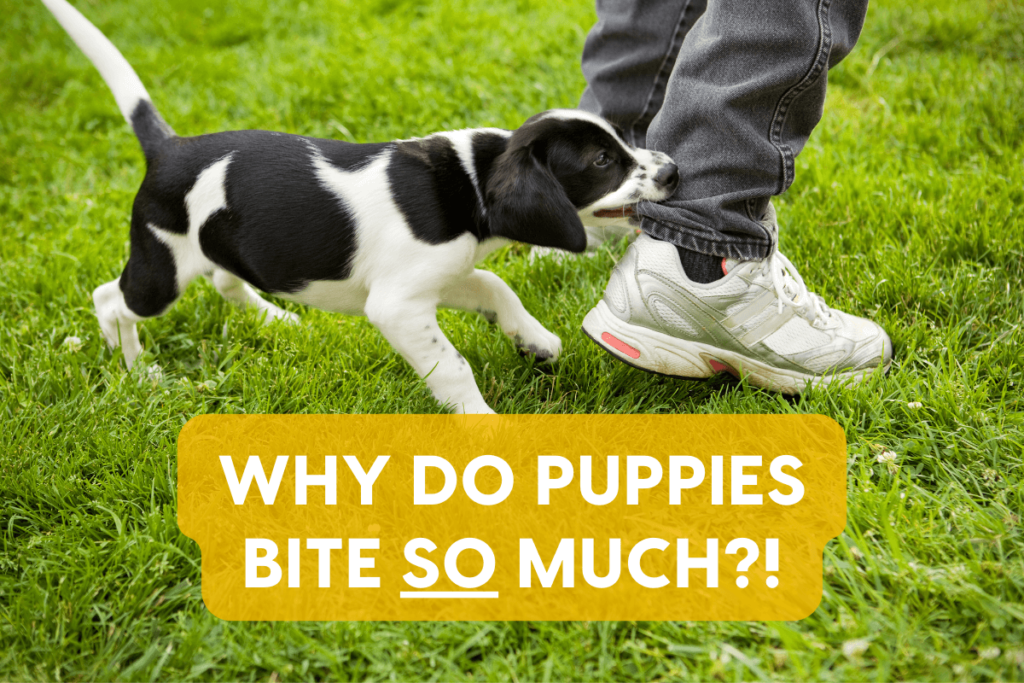
Puppy biting occurs for several reasons, including teething, excitement, playfulness, and attention-seeking. Puppies also bite when they’re frustrated or anxious. Understanding these motivations is the first step in controlling and redirecting this behavior.
3. The Importance of Bite Inhibition
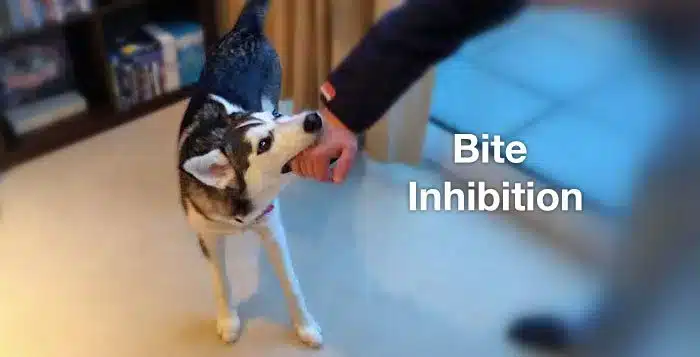
Bite inhibition refers to a puppy’s ability to control the force of their bite. It’s a skill puppies usually learn from their littermates and mother. However, once a puppy enters a human household, it’s up to the owner to continue this essential training to prevent accidental injuries in the future.
4. When Does Puppy Biting Become a Problem?
While all puppies bite, it becomes a problem when they bite too hard or bite too often. Recognizing the difference between normal play biting and aggressive biting is essential for knowing when to step in with training.
5. Early Socialization and Bite Control
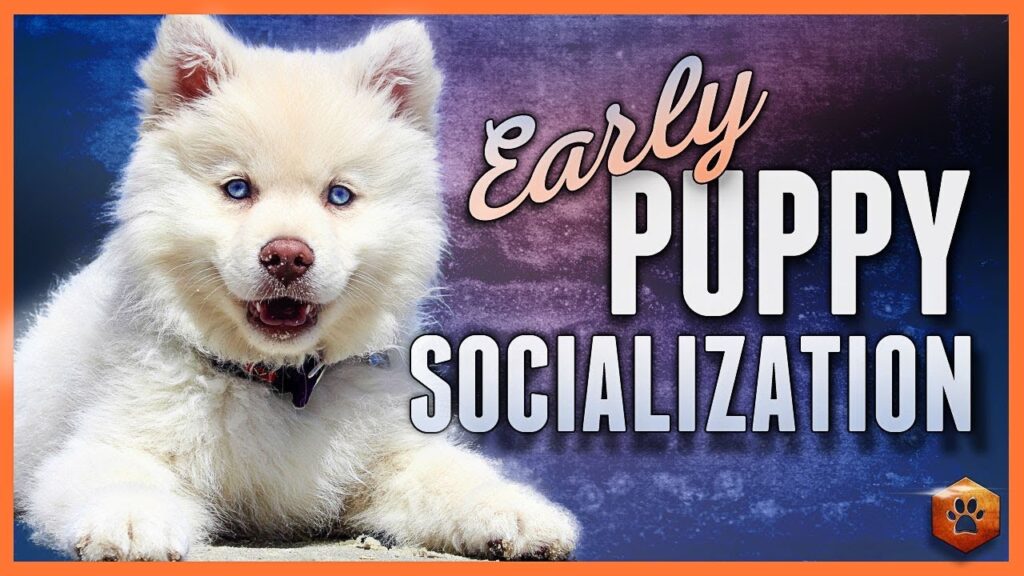
Socialization is key to teaching puppies how to interact properly with humans and other dogs. Puppies that play with other well-behaved dogs learn the limits of acceptable play and bite pressure. Early exposure to different situations helps reduce anxiety and biting behaviors.
6. Recognizing Normal Play vs. Aggressive Biting
Puppy play often involves gentle nipping, which is normal. However, signs of aggression include growling, snapping, and sustained hard bites. It’s important to correct aggressive biting early to prevent future behavioral issues.
7. Methods to Train Bite Inhibition
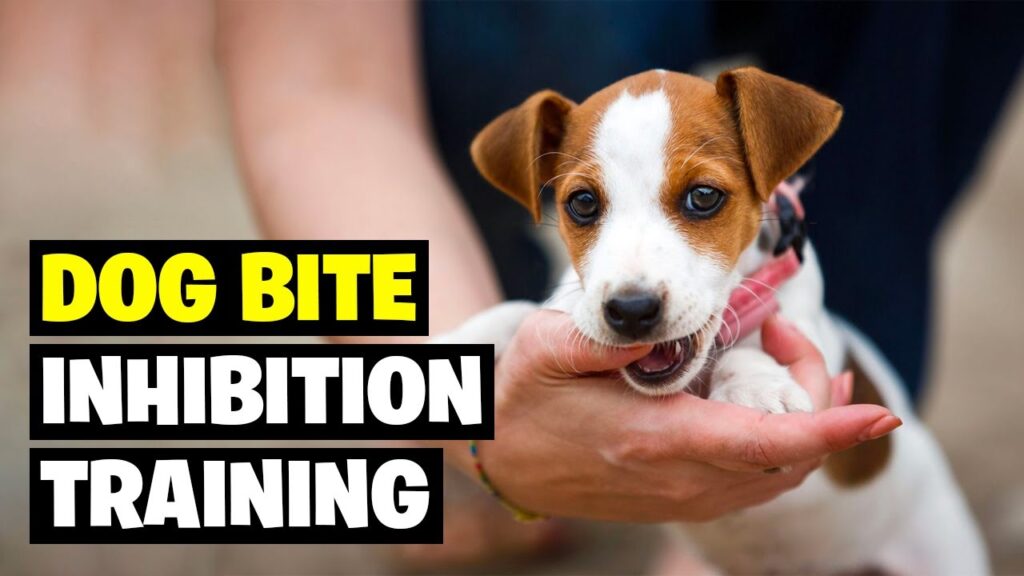
7.1 Redirecting Bites to Toys
One of the most effective methods for bite training is redirecting your puppy’s bites to appropriate chew toys. Whenever they attempt to bite, offer them a toy instead. Over time, this helps them learn what is acceptable to bite.
7.2 Using a Time-Out Method
If a puppy bites too hard during play, it’s essential to give them a time-out. This teaches the puppy that biting too hard ends the fun. Be consistent with this method for the best results.
7.3 Positive Reinforcement Techniques
Rewarding your puppy for gentle play without biting reinforces the behavior you want. Treats, praise, and affection go a long way in bite training. Always use positive reinforcement to encourage proper behavior.
7.4 Teaching “Gentle” or “No Bite” Commands
Teaching commands like “gentle” or “no bite” gives your puppy clear verbal cues. Consistently using these commands during training sessions helps the puppy understand what’s expected of them.
8. The Role of Consistency in Training
Consistency is key to successful bite inhibition training. Everyone in the household should follow the same training methods to avoid confusing the puppy. Stick to a routine, and be patient.
9. When to Seek Professional Help
If your puppy’s biting becomes uncontrollable or aggressive despite your best efforts, it’s time to consult a professional dog trainer or behaviorist. They can provide specialized training techniques to help manage the behavior.
10. How to Handle Accidental Bites
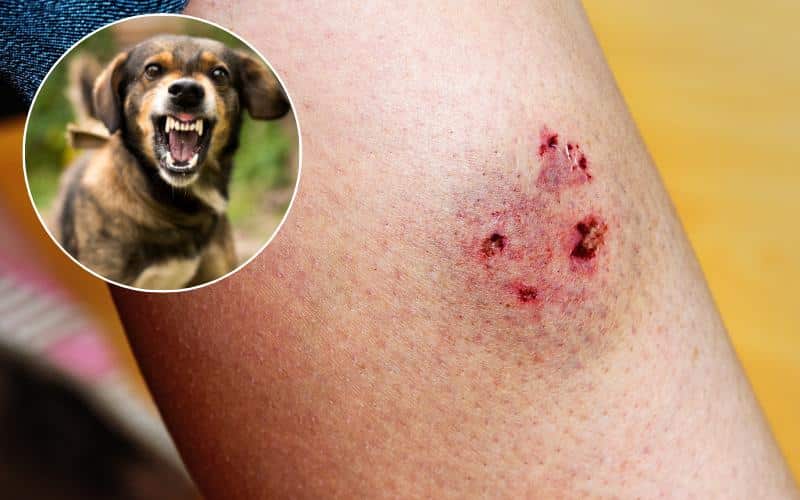
Accidental bites are bound to happen. When they do, don’t punish the puppy. Instead, calmly remove yourself from the situation and redirect their focus to a toy. Yelling or physical punishment can worsen the behavior.
11. Bite Inhibition and Puppy Playdates
Supervised playdates with other puppies or well-mannered adult dogs can aid in bite inhibition training. Dogs learn best from each other, and regular play helps reinforce what’s appropriate.
12. Can Older Dogs Learn Bite Inhibition?
While it’s easier to teach bite inhibition to puppies, older dogs can still learn with patience and consistent training. It may take longer, but the same techniques apply.
13. Common Mistakes to Avoid in Bite Training
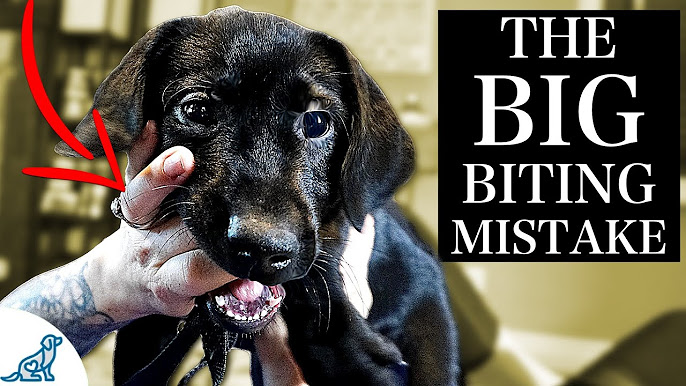
- Yelling or physically punishing the puppy.
- You are being inconsistent with training.
- Encouraging rough play that involves biting. Avoiding these common pitfalls will make bite training more successful.
14. How Long Does It Take to Stop Puppy Biting?
Every puppy is different, but most can learn to stop biting within a few weeks to a couple of months with consistent training. The key is to be patient and persistent.
15. Building a Strong Bond While Training
Training isn’t just about correcting behavior; it’s an opportunity to build trust and a strong bond with your puppy. Using positive reinforcement, spending time together, and showing patience will foster a healthy relationship that lasts a lifetime.
Frequently Asked Questions (FAQs)
1. Why does my puppy bite me so much? Puppies bite to explore their environment, for attention, or because they are teething. It’s a normal part of their development.
2. How can I stop my puppy from biting my hands and feet? Redirect their biting to toys, use time-outs, and reward gentle behavior. Consistency is key to stopping this behavior.
3. Is it okay to use punishment to stop puppy biting? No, punishment can make the behavior worse and damage your relationship with your puppy. Positive reinforcement works best.
4. At what age should I start training bite inhibition? You should start bite inhibition training as soon as you bring your puppy home, ideally between 8 to 12 weeks.
5. How do I know if my puppy’s biting is aggressive? Aggressive biting is often accompanied by growling, snapping, or a stiff body posture. It’s important to seek help if you notice these signs.
6. Will my puppy grow out of biting on its own? Most puppies need training to stop biting. Without proper guidance, they may carry the behavior into adulthood.

